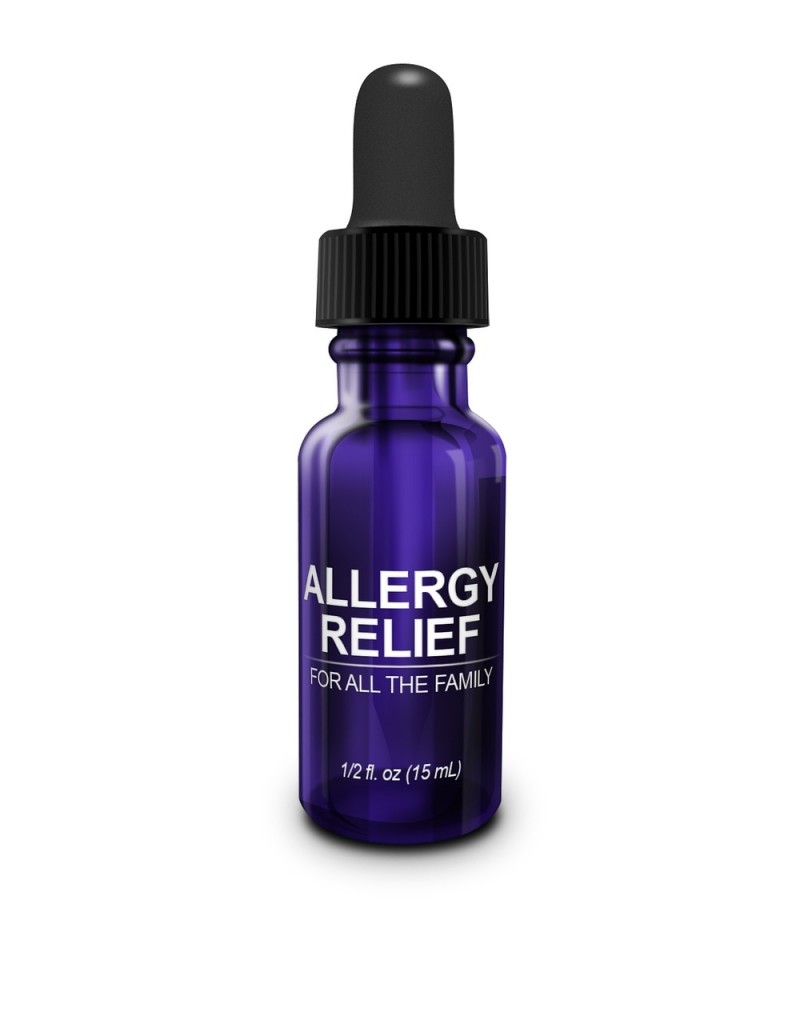Fall weather may bring with it much anticipated relief from the sweltering heat of summer, but for those with a ragweed allergy the end of summer is just when ragweed season is revving up. Ragweed is incredibly prolific throughout North America, popping up all over the place in the form of a variety of species. The pollen from these plants can float through the air for hundreds of miles, subsequently affecting millions of people and causing some unpleasant seasonal allergy symptoms. However, just because ragweed allergies are a continual problem for you, this doesn’t mean you have to sit back and suffer through them. To help bring you some much needed allergy relief, let’s go over some great, effective ways to reduce the symptoms of ragweed allergy.
Typical Ragweed Allergy Symptoms:
Ragweed pollen will cause rhinitis, what most of us know as hay fever, and will create symptoms that mostly affect the nasal regions, head, and even the respiratory system, especially in the case of those who are asthmatic. While this allergy isn’t necessarily dangerous for most, it could possibly be dangerous for those with asthma or serious chronic respiratory issues. Symptoms that you can expect to develop include irritated, itchy, watery eyes, runny or stuffy nose, and possibly even swelling around your eyes. For people who deal with hay fever, the symptoms you experience are caused by a reaction within your body to the ragweed pollen that causes the body to produce histamine. The histamine that’s produced subsequently causes inflammation and causes the affected person to experience cold-like symptoms for as long as the pollen is prevalent, which could be a few weeks.
Over-the-Counter Medication:

One of the simplest ways to fight allergy symptoms caused by ragweed is to stock up on some reliable anti-allergy medicine. The key here is that you need to start allergy medicine a couple of weeks before ragweed season starts, as this lets the medicine build up in your system and block the ragweed reaction in the first place. This works well for those that know they suffer from such symptoms annually, but it’s not something you can predict if you happen to have some kind of new respiratory issue that’s made you more susceptible. Of course, even if you’re an annual sufferer, you might not want to stay on medication for weeks at a time especially if you’re already taking some other kind of medication.
Change Your Habits:
What you do on an everyday basis can actually have a big impact on how severe your ragweed allergy symptoms get. It’s a good idea to install a high-efficiency filter in your home’s central air system and then continue to use your air conditioner even into fall. Although the weather may have cooled off some, especially at night, ragweed season can continue right on through October. The pollen count is also particularly high in the morning so try to avoid going outside in the mornings. An air purifier can make a great deal of difference during this time of year as well. If you are outside, especially for extended periods, then you need to immediately change your clothes when you come inside as they could have pollen on them. Change your bed linens on a constant basis, as sleeping at night with sheets or clothing with pollen on them can lead to a bad night’s sleep and worse symptoms when you wake up. It’s also a great idea to invest in a dehumidifier, particularly for use when sleeping.
Food and Drink:
When it comes to ragweed allergies there are some foods and drinks that can really help alleviate your symptoms, but there are actually some things that can make your symptoms worse. Certain plants produce proteins that are very similar to those contained in ragweed pollen and these foods will actually lead to something known as oral allergy syndrome. Cucumbers, zucchini, chamomile, bananas, cantaloupes, melons, they all have this protein. Not everyone will encounter allergy symptoms from these foods, so you might want to get tested for oral allergy syndrome to see whether or not you really should avoid them.

Warm tea can be very soothing for those with a sore throat or bad congestion and luckily there are countless tea options out there besides chamomile. Ginger and turmeric have natural anti-histamine qualities so they make for an excellent addition to your symptom relief plan. There’s been a bit of a fad going around concerning locally produced honey as well. The theory behind this trend is that locally produced honey contains the sort of pollen that you’re likely to come into contact with, so ingesting small amounts throughout the year is meant to build up an immunity to various pollens. However, honey doesn’t actually contain pollen but rather nectar, so the resistance benefits just aren’t there. In any case, honey is very soothing for sore throats so if you were to combine it with a tea, such as one with turmeric, then you’re still getting great symptom relief anyways.

